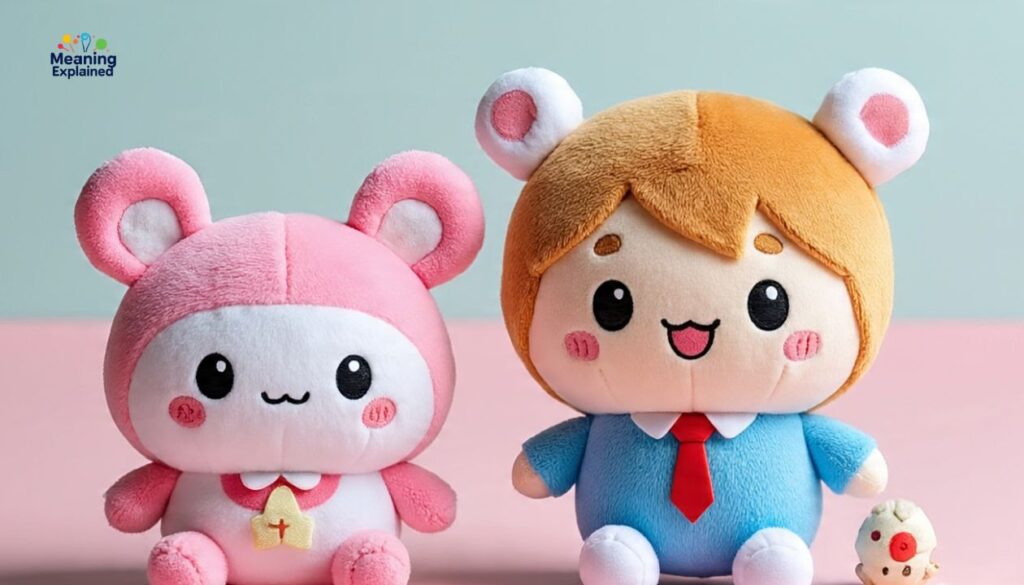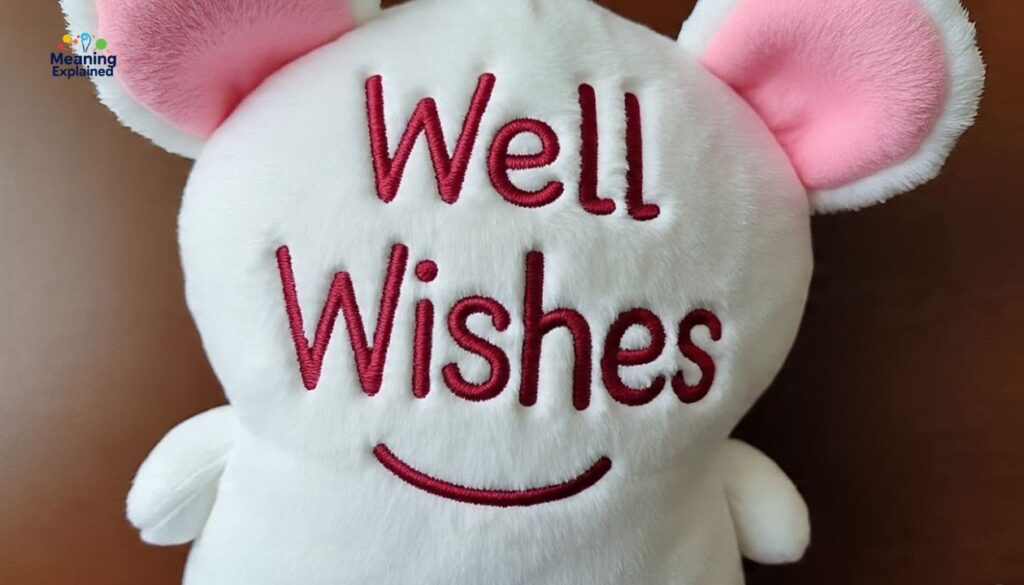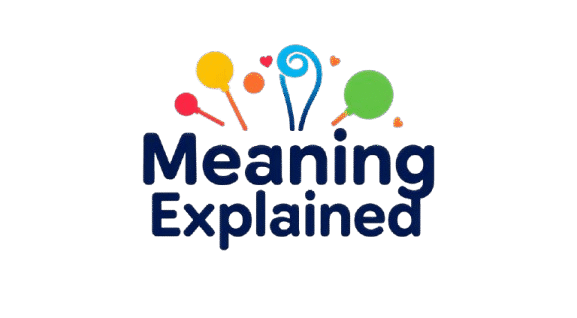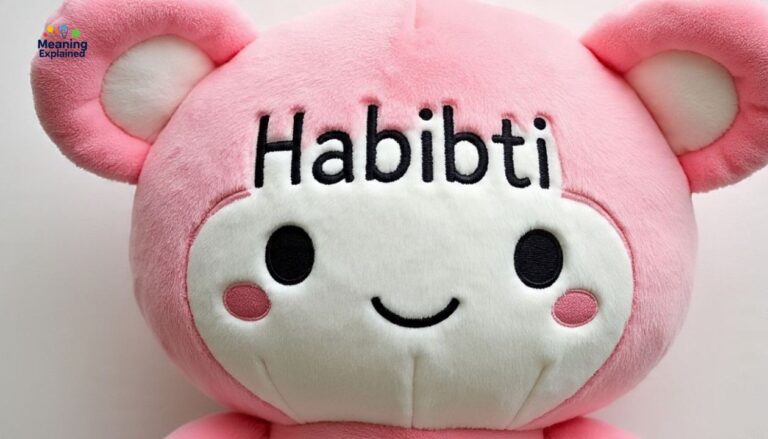Words from different cultures add beauty to how we talk. “Habibti” is one such word, full of warmth and love. This article explains its meaning, usage, and other useful terms.
You’ll learn when to use “habibti” and similar phrases like “hiatus” and “stand for.” It also shares kind ways to wish someone well. These tools help you speak clearly and kindly.
This guide makes communication simple and respectful. It covers cultural tips and practical examples. Let’s explore how to use these words in everyday life.
What Does “Habibti” Mean?
“Habibti” (حبيبتي) is an Arabic term meaning “my beloved” or “my darling.” It is used for females, while “habibi” (حبيبي) is its masculine counterpart. The word conveys deep affection and is common in Arabic-speaking communities.
Origin and Usage
- Language: Arabic.
- Root Word: Habib (حبيب), meaning beloved or dear.
- Context: Used among family, friends, or romantic partners to express love or warmth. Its tone varies from casual to intimate based on the relationship.
When to Use “Habibti”
- Address it to a wife, girlfriend, daughter, sister, or close female friend.
- It expresses endearment, love, or care.
- Use depends on the relationship and setting, ranging from casual chats to heartfelt moments.
Example Sentences
- “Good morning, habibti! Ready for the day?”
- “Habibti, you always make me smile.”
- “Don’t stress, habibti, I’m here for you.”
Cultural Nuances
In Arab cultures, “habibti” is a warm, affectionate term. However, in formal or unfamiliar settings, it may seem inappropriate or overly personal. Always consider the context and relationship to avoid misunderstandings.
Hiatus Meaning: What Does It Mean and How to Use It?

The term “hiatus” often appears in searches alongside affectionate terms, though unrelated to “habibti.” Understanding its meaning adds clarity to communication.
Definition of Hiatus
A hiatus is a pause or gap in a sequence, series, or process. It can refer to breaks in work, conversations, or media schedules.
Origin
- Source: Latin hiatus, meaning “opening” or “gap.”
- Used in English to describe temporary interruptions.
Examples of Hiatus in Sentences
- “The show took a hiatus after the finale.”
- “She needed a hiatus to recharge after months of work.”
- “A brief hiatus in the meeting allowed for reflection.”
Usage Tips
- Use for temporary pauses in formal or casual contexts.
- Common in professional, academic, or everyday settings.
- Emphasizes a short-term break, not a permanent end.
Stand For And Meaning in Text
In digital communication, abbreviations and phrases like “stand for” are common. Understanding this phrase helps clarify meanings in texts or conversations.
What Does “Stand For” Mean?
“Stand for” means to represent or symbolize something, often used to explain acronyms, initials, or symbols.
Examples
- “What does WHO stand for? World Health Organization.”
- “Blue in the logo stands for trust and calm.”
- “Her initials stand for Sarah Elizabeth.”
Usage in Text
- Clarifies meanings of acronyms or symbols.
- Used in both formal and informal writing, from texts to reports.
- Helps avoid confusion in shorthand-heavy communication.
Polite, Professional, and Casual Alternatives for Expressing Well Wishes

Well-wishing phrases vary by tone and context. Below are 11 alternatives to suit different situations, from formal to casual.
1. Best Wishes
- Tone: Polite, neutral.
- Use: Formal emails, cards, or messages.
- Example: “Best wishes for your new project!”
2. All the Best
- Tone: Friendly, semi-professional.
- Use: Emails, casual notes.
- Example: “All the best for your meeting!”
3. Good Luck
- Tone: Encouraging, versatile.
- Use: Before exams, events, or challenges.
- Example: “Good luck with your interview!”
4. Wishing You Success
- Tone: Formal, optimistic.
- Use: Professional letters, emails.
- Example: “Wishing you success in your career.”
5. Take Care
- Tone: Warm, casual.
- Use: Informal texts, conversations.
- Example: “Take care, see you soon!”
6. May You Have a Wonderful Day
- Tone: Polite, warm.
- Use: Professional or casual messages.
- Example: “May you have a wonderful day at the event.”
7. Cheers
- Tone: Casual, friendly.
- Use: Informal emails, texts (common in British English).
- Example: “Cheers for your support!”
8. Sending Positive Vibes
- Tone: Casual, supportive.
- Use: Social media, informal contexts.
- Example: “Sending positive vibes for your big day!”
9. May All Your Dreams Come True
- Tone: Heartfelt, warm.
- Use: Personal notes, special occasions.
- Example: “May all your dreams come true this year.”
10. Godspeed
- Tone: Formal, traditional.
- Use: Literary or religious contexts.
- Example: “Godspeed on your new journey.”
11. Break a Leg
- Tone: Informal, theatrical.
- Use: Before performances or events.
- Example: “Break a leg at your play!”
How to Choose the Best Well-Wishing Phrase
- Relationship: Formal for colleagues or strangers; casual for friends or family.
- Context: Emails, texts, or cards dictate tone.
- Tone: Match the situation—serious, warm, or playful.
- Cultural Sensitivity: Ensure phrases suit the recipient’s culture.
Examples of Contextual Choice
- Job email: “Wishing you success.”
- Friend’s event: “Good luck!”
- Birthday card: “May all your dreams come true.”
- Colleague’s promotion: “Best wishes!”
Frequently Asked Questions
What is the meaning of “habibti”?
“Habibti” is an Arabic term meaning “my beloved” or “my darling,” used affectionately for a female.
When should I use “habibti”?
Use “habibti” for close female relations like a wife, girlfriend, or friend, depending on tone and context.
What does “hiatus” mean?
A hiatus is a temporary pause or gap in a process, like a break in work or a show.
What does “stand for” mean in text?
“Stand for” clarifies what an acronym, initial, or symbol represents, like NASA for National Aeronautics and Space Administration.
How do I choose a well-wishing phrase?
Select a phrase based on relationship, context, tone, and cultural sensitivity, like “Best wishes” for formal settings.
Final Words
The “Final Words” section wraps up the key ideas discussed in the article. It’s a chance to reflect on what we’ve learned about terms like “habibti,” “hiatus,” and “stand for,” plus well-wishing phrases. This part aims to leave you with clear, practical insights.
Using these terms correctly can make your communication warmer and more meaningful. Whether it’s showing affection with “habibti” or choosing the right well-wish, context matters. These tools help you connect across cultures with respect.
In short, this section ties everything together, offering simple takeaways. It encourages thoughtful word choices to build stronger, kinder interactions. Let’s dive into the final thoughts.

